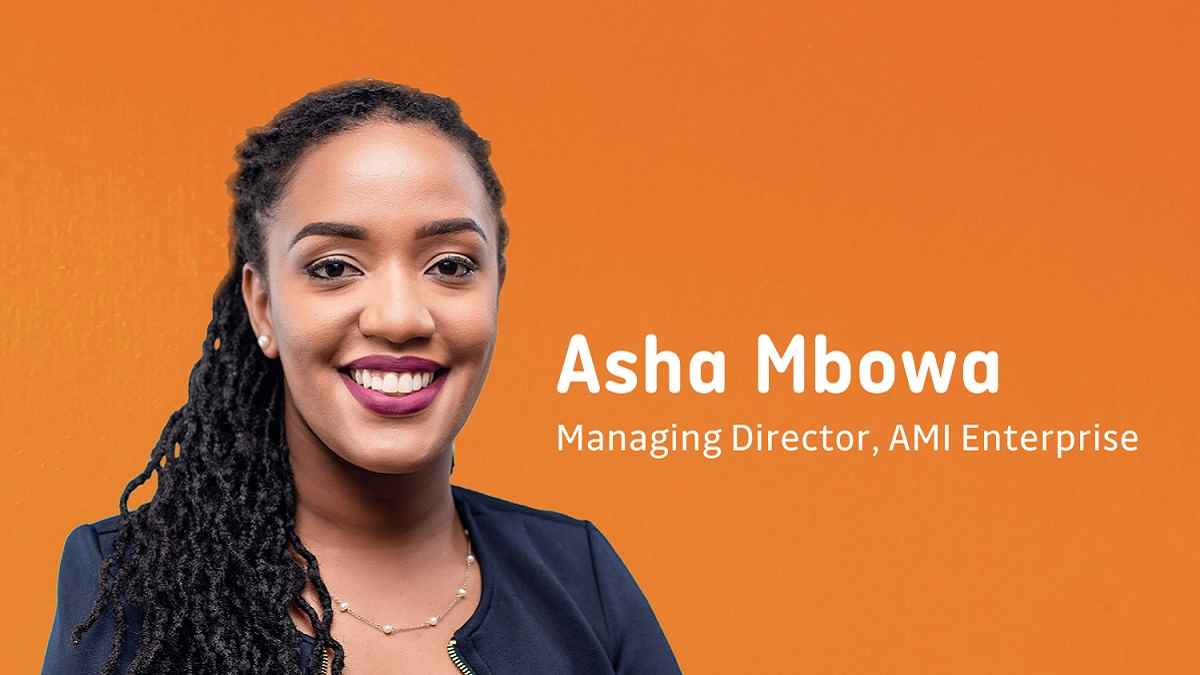The industry’s smartest and most aesthetically pleasing 5G and Wi-Fi 7 router opens new opportunities for service providers globally
JOHANNESBURG, South Africa, November 20, 2024/APO Group/ —
rainx, a leader in 5G Fixed Wireless Access (FWA) solutions, has launched the101 range (https://apo-opa.co/40UwYYE), an advanced ecosystem of fixed wireless 5G and Wi-Fi access products designed to meet the high standards of modern Mobile Network Operators (MNOs), Mobile Virtual Network Operators (MVNOs) and their customers.
This lineup includes the101 and the101 Pro 5G smart routers, the101 Xtender smart mesh Wi-Fi extender, and the101 Loop – a new category of product designed for today’s always-connected customer, powered by MediaTek. Together, these solutions redefine 5G FWA, enabling operators to enhance network quality, reduce churn, and drive new revenue streams. The routers also offer a collection of 101 skins to suit the users’ style, creating devices that are designed to be on show.
Targeted to the demands of the modern telco
As demand for 5G-enabled FWA continues to surge, MNOs face complex challenges in scaling network capacity and quality for fixed locations, while managing the concurrent load on mobile networks. Recognising this challenge, rainx has engineered the Customer Edge approach, an integrated ecosystem of products and services designed to empower operators to manage and optimise the customer experience. This begins with the101 range of 5G smart routers, which double as network probes, feeding real-time insights to theStation, a smart managed services platform.
theStation provides operators with deep network insights, enabling accurate, proactive decisions on coverage and capacity expansion. Operators can access detailed data on network performance in the home, including Wi-Fi clients, usage patterns, speed and latency – providing proactive support and direct customer communication through the101’s touch screen. This visibility gives MNOs comprehensive control over the entire FWA ecosystem, helping to streamline network load management, anticipate capacity needs, and deliver high-speed connectivity for both residential and commercial customers.
For end-users, the101 range provides an intuitive, self-service interface that empowers customers to manage their network in real time, minimising support needs and enhancing the overall customer experience.
Key Products in the101 Range include:
the101 Pro 5G smart router
Built for premium, high-demand users, the101 Pro offers advanced 5G capabilities with the new MediaTek (MTK) T830 platform that delivers sub-6Ghz 5G with speeds of up to 7 Gbps, Wi-Fi 7 and 300MHz 4 carrier aggregation. The routers offer a range of customisable skins to suit the users’ aesthetic preferences that bring the Pro’s screen to life. Its powerful hardware ensures optimal performance for bandwidth-intensive applications, including cloud gaming.
Our Customer Edge approach provides operators with the deep insights they need to make informed decisions on their networks
Ripple Messaging™ offers MNOs a direct communication channel to the device’s 2.1” touch screen for real-time support and service notifications. It includes a built-in speed test and a “Tap for Support” feature. Additionally, theStation’s managed services enable proactive device management, optimising performance with real-time updates to ensure continuous service quality and reducing operational costs.
the101 5G Smart Router
rainx’s mid-range offering is powered by an MTK T750 platform with 200MHz two carrier aggregation and AX3600 Wi-Fi 6. With a 1.8” touch screen display, it offers smart features like “Scan to Connect”, direct messaging and a built-in speed test. It’s available with a choice of 101 skins to suit customer tastes. the101 also offers managed services through theStation.
the101 Xtender Smart Mesh Wi-Fi
the101 Xtender broadens 5G coverage, enabling MNOs to deliver high-quality, uniform connectivity throughout larger spaces. As part of the mesh network, Xtenders integrate directly with 101 routers, allowing operators to address Wi-Fi coverage gaps and deliver a consistent, high-speed experience across homes or office spaces.
the101 Loop
A new portable 5G router designed for today’s always-connected consumer. With built-in 5G, a 5.5” LCD touch screen, 25W stereo sound and a cinematic camera, the Loop lets you connect in exciting new ways. MNOs can leverage the Loop’s multimedia capabilities to offer premium services, build customer loyalty and create new ARPU (Average Revenue Per User) opportunities through integrated 5G and Wi-Fi.
“Through smart hardware and services, we’re partnering with MNOs and MVNOs to unlock the potential of 5G,” said Brandon Leigh, Founder and Director of rainx. “Our ecosystem empowers operators to monetise latent 5G capacity, create new revenue streams, and addresses the shift from spiky mobile traffic to high, steady usage at fixed locations. Our Customer Edge approach provides operators with the deep insights they need to make informed decisions on their networks, manage the customer experience and generate ROI from 5G.”
“For customers, the 101range allows them to blend their aesthetic preferences with beautiful customisable skins, alongside high-performance engineering powered by the latest MediaTek CPE technology. the101 range delivers a reliable, high-speed connection that stays robust during periods of spiky traffic. The range also offers intuitive self-service features, allowing customers to easily monitor and control their router, reducing the need for support calls and creating a seamless, hands-on user experience that truly puts the power in their hands,” Leigh concluded.
Rami Osman, Director of Business Development for MediaTek Middle East and Africa, said: “We are excited to collaborate with rainx to increase 5G FWA access across Africa, Asia and abroad to bring the benefits of fast, reliable connectivity to consumers and businesses. The MediaTek T830 has a highly integrated and compact design that provides big power savings and reduces development time and costs for customers like rainx.
“The MediaTek T830 chipset platform represents the latest advancements in both 5G and Wi-Fi connectivity and enables our customers to build extremely high-performance multi-gigabit 5G CPE products in the smallest form factors possible. Users can get a super-fast router at home of office that they can self-install and manage, reducing the lengthy installation times for fixed line broadband,” Osman said.
Distributed by APO Group on behalf of MediaTek Inc..
